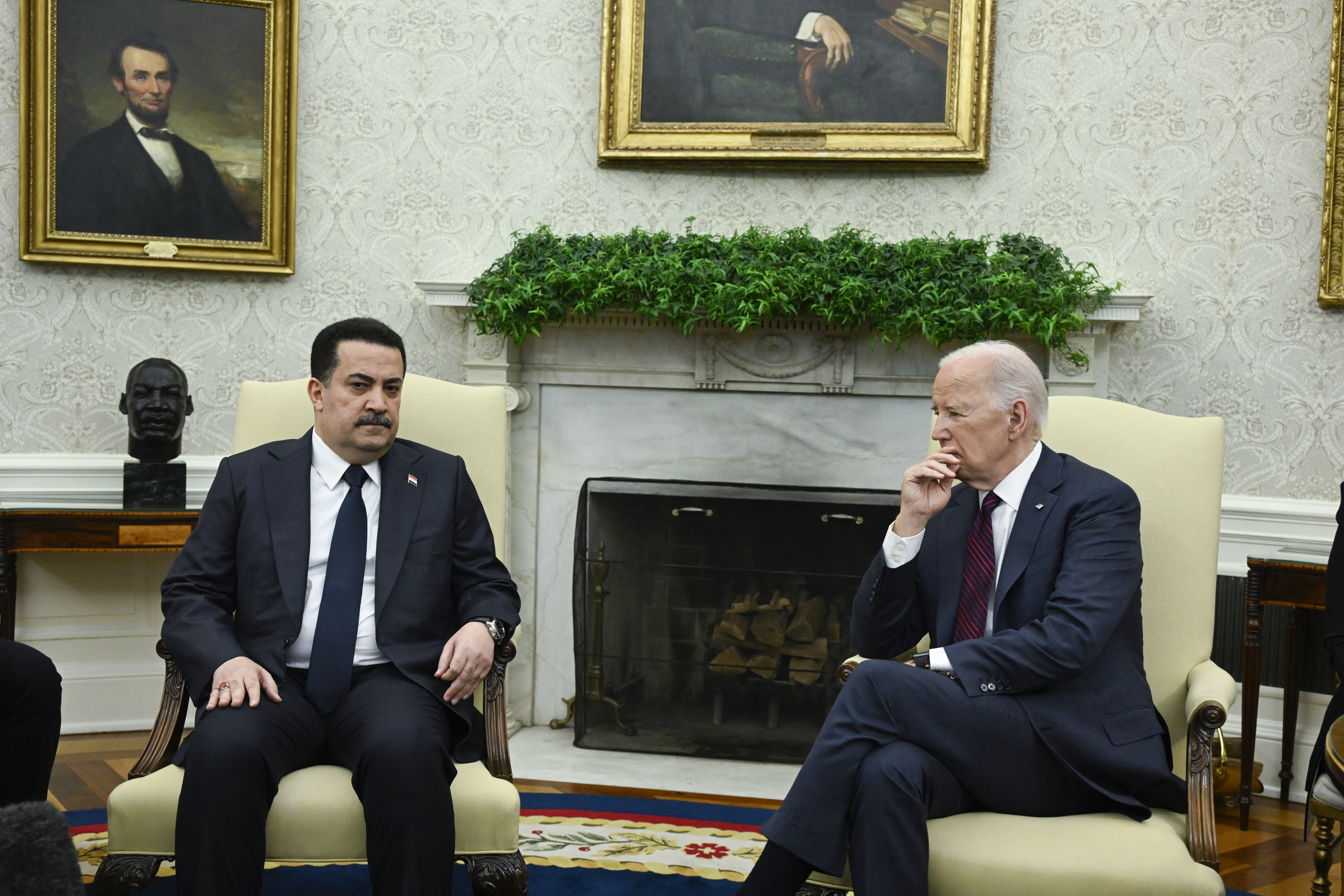Sri Lanka attacks and the strategy of terrorism

Another horrific spate of terrorist attacks occurred this week, this time in Sri Lanka. A series of coordinated bombings targeted Sri Lankan churches and luxury hotels on Easter weekend, killing some 300 people and wounding many others. While no group has claimed responsibility for the attacks, Sri Lankan authorities soon attributed the acts to a local jihadist group called National Thowheed Jamath.
Thowheed Jamath, which has reportedly splintered into multiple groups over the past few years, may well have provided the militants responsible for the attacks. However, the choice of targets and the dramatically coordinated timing of the bombings looks more like the modus operandi of more well-known, transnational Islamist terror groups.
The local Sri Lankan jihadists would have had much more cause to choose targets related to the Buddhist majority of the island – particularly following a spate of attacks on Sri Lanka’s Muslim community committed by Buddhist extremists in Sri Lanka.
The decision to target churches belonging to Sri Lanka’s small Christian minority and hotels frequented by foreigners would appear to reflect the preferences of al-Qaeda or the so-called “Islamic State” (ISIS).
The fact that Sri Lankan authorities reportedly received warnings of impending attacks from foreign powers’ intelligence services likewise points to transnational jihadist groups rather than a local group like Thowheed Jamath.
While other states’ intelligence services would hardly have more intelligence on Thowheed Jamath than the Sri Lankan government, the same does not hold true for groups like al-Qaeda and ISIS.
In all likelihood, some members of Thowheed Jamath or a splinter group of the movement followed transnational jihadis’ directives and did their dirty work, with Sri Lanka only serving as the latest, most convenient and in some ways incidental front in a global war.
No one should make the mistake of thinking this is not a global war, pitting radical Islamists against non-Muslims, white supremacists against non-whites, and xenophobic extremists in general against more multicultural moderates.
While it might be tempting to think terrorists lack a grand strategic vision, seeking instead to thoughtlessly sow panic and discord among their enemies, this too misses the larger picture. People capable of masterminding multiple, simultaneous, coordinated mass-casualty attacks on prominent and symbolic targets are certainly capable of thinking through their larger strategic goals.
For transnational terrorist groups such as al-Qaeda and ISIS, the larger strategy centers on creating a clash of civilizations. Targeting local Christians and foreigners (mostly Westerners) involves a clear, defined goal: sparking a counter-reaction from the West and local allied governments that represses Muslims in general.
When average Muslims become the victims of overreacting governments, or white supremacists who target average mosque-goers in places like New Zealand and Quebec, these Muslims are pushed toward extremist groups who promise to protect or avenge them.
With some 1.8 billion Muslims worldwide (some 24.1 percent of the world’s population), the extremist jihadi groups reason they can win a long-term struggle with the West and others if enough of their fellows become radicalized – and nothing promotes radicalization better than non-Muslim regimes and governments repressing Muslims in general, or radicals from other communities (Christian, Buddhist, Jewish or other) targeting average Muslims.
At the same time, nothing hurts the jihadi cause more than moderate Muslims finding common cause with the West and others against radical Islamists and doing well for themselves and their people in the process.
This also explains why Kurds have so often found themselves in the crosshairs of radical jihadists. The autonomous, secular, and pro-Western governments of Rojava and Iraqi Kurdistan, created with a lot of assistance from the West, provide their people with a far better life than any jihadist pseudo-state nightmare.
In Rojava, a whole alternative, revolutionary mode of self-governance is being experimented with. In Iraqi Kurdistan, people live better and more freely than the rest of Iraq and many recognized states in the region. Both examples offer decent alternatives to the apocalyptic and failed projects of the jihadists.
Given all this, Western powers should recognize that defeating global jihadism should not just involve helping Kurdish and other allies fight ISIS and al-Qaeda. This might be described as just the first in a three-part general strategy.
The second part of the strategy involves helping these Muslim (but not Islamist) governments develop good governance to provide their people with stable, decent, and positive lives and futures.
The third part of any general counter-terrorism strategy for the West has to revolve around a patient and measured, rather than overbearing, response to the threat of terrorism. This would include avoiding measures that target or oppress average Muslims. It would also entail containing and dealing with the West’s own radicals who would target average Muslims.
David Romano has been a Rudaw columnist since 2010. He holds the Thomas G. Strong Professor of Middle East Politics at Missouri State University and is the author of numerous publications on the Kurds and the Middle East.
The views expressed in this article are those of the author and do not necessarily reflect the position of Rudaw.

